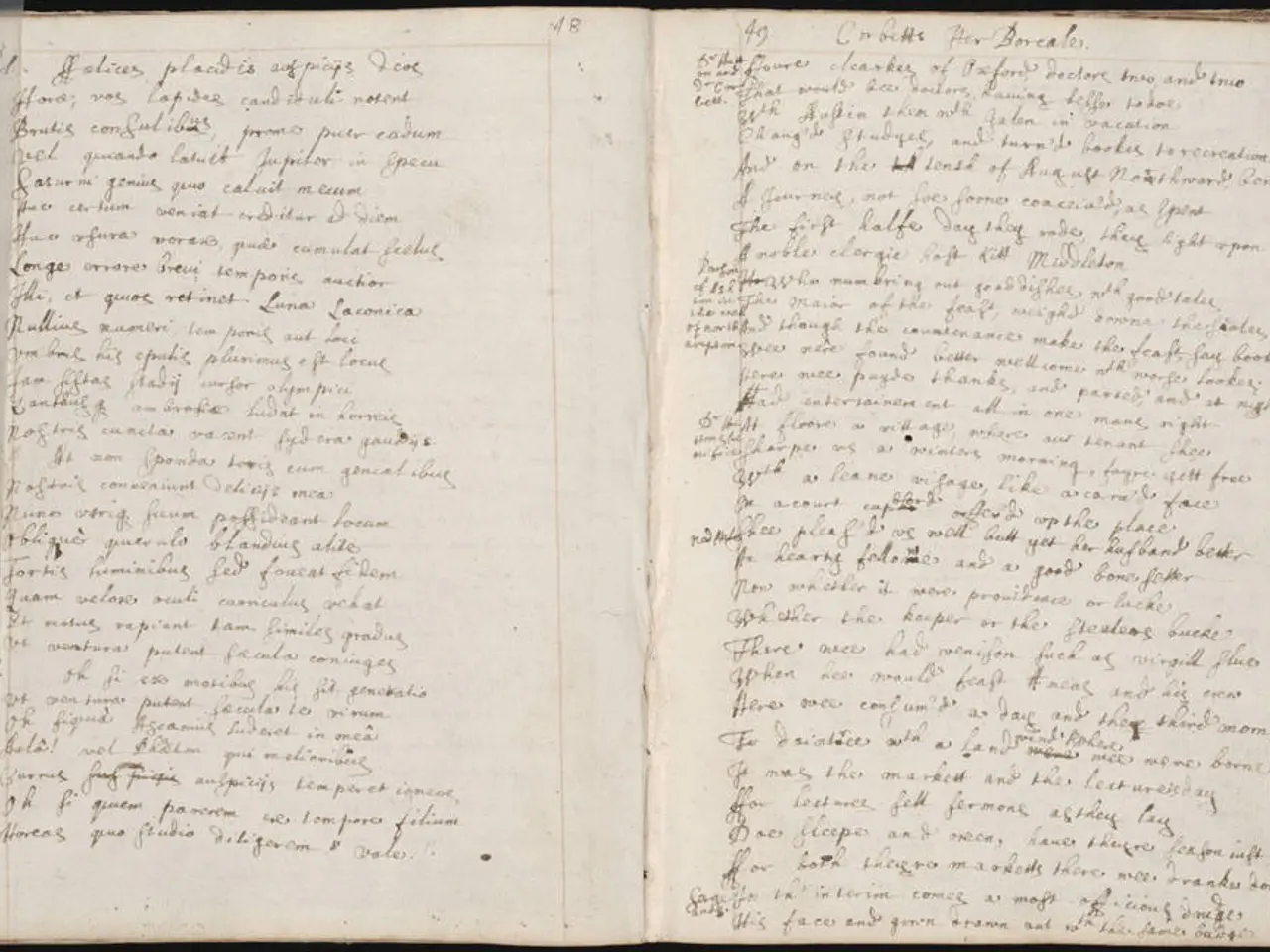Examining and Eradicating Bias: Tracing it Back to Our Own Thoughts
In a world fraught with conflicts, both large and small, a study conducted at Princeton University has shed light on a significant issue that underpins many of these disputes - the concept of motive attribution asymmetry. This bias, often unacknowledged, plays a crucial role in interpersonal relationships, from friendships and work relationships to marriages and family dynamics, as well as in national, international, ethnic, religious, and political conflicts.
According to the Baha'i teachings, this asymmetry, where one attributes selfish or negative motives to others' actions but assumes noble or positive motives for one's own behavior, is a major source of misunderstanding, conflict, and division. The teachings emphasise the importance of accurate and fair motive attribution, urging believers to practice kindness, generosity, and justice in judging others' intentions.
The Baha'i Faith, known for its principles of unity and trust in the inherent worth of others, advocates spiritual virtues such as humility, empathy, and detachment from ego as antidotes to this cognitive bias. By correcting this bias, interpersonal conflicts can be transformed into opportunities for growth, understanding, and closer fellowship in the community.
The Baha'i teachings list attributes such as justice, fair-mindedness, forbearance, compassion, generosity, consideration for others, candor, trustworthiness, loyalty, love, loving-kindness, devotion, determination, and humanity as essential for the people of faith. These attributes, when practiced, can help foster a more harmonious and peaceful society.
The teachings also highlight that all forms of prejudice, including religious, racial, national, and political, are harmful. Prejudices, as destructive to the human edifice, have been responsible for wars and strife throughout history. Abdu'l-Baha, a key figure in the Baha'i Faith, states that so long as prejudice exists, universal peace cannot become a reality.
In the quest for peace, the Baha'i teachings suggest that future members of a system of global governance must be free from all kinds of prejudices. The teachings ask everyone to examine their inner motives and diligently root out any prejudice or bias. The world, according to the Baha'i teachings, cannot achieve peace until these prejudices are abandoned, and moral principles of the Kingdom are acquired.
The Baha'i teachings, in their soft, non-dogmatic approach to spiritual and social understanding, promote a pathway to peace that is grounded in empathy, understanding, and a commitment to justice. By fostering a society that values fairness, compassion, and unity, the Baha'i teachings offer a vision of a world free from the destructive forces of prejudice and conflict.
[1] Source: Baha'i Reference Library (https://www.bahai.org/library/)
- The Baha'i Faith, emphasizing the significance of mental health and health-and-wellness, advocates spiritual virtues such as humility, empathy, and detachment from ego as antidotes to the cognitive bias of motive attribution asymmetry, which can lead to a more harmonious and peaceful society.
- In line with the principles of science and Baha'i teachings, the quest for peace involves diligently rooting out prejudices, promoting a vision of a world where future global governance members are free from all kinds of prejudices, and where moral principles of the Kingdom, such as justice, fair-mindedness, and compassion, are acquired, contributing to a society that values fairness, unity, and understanding.




